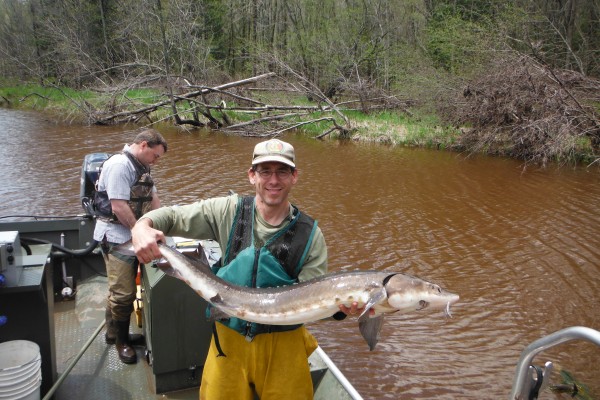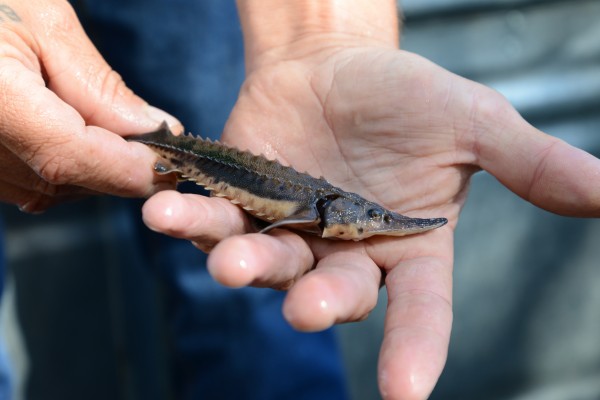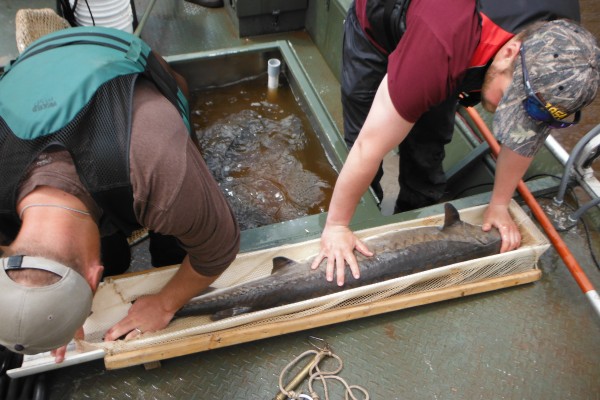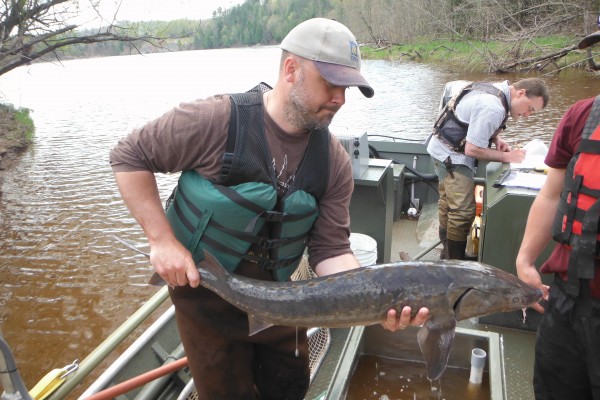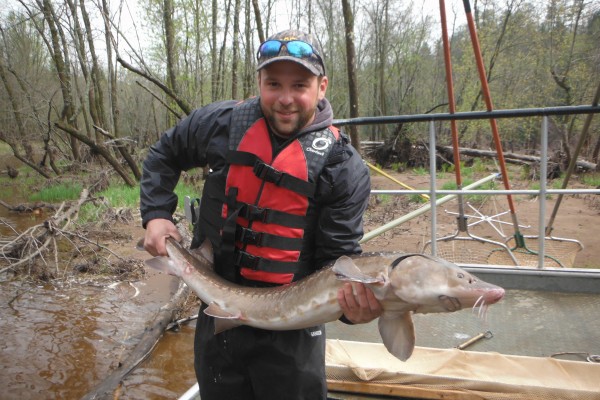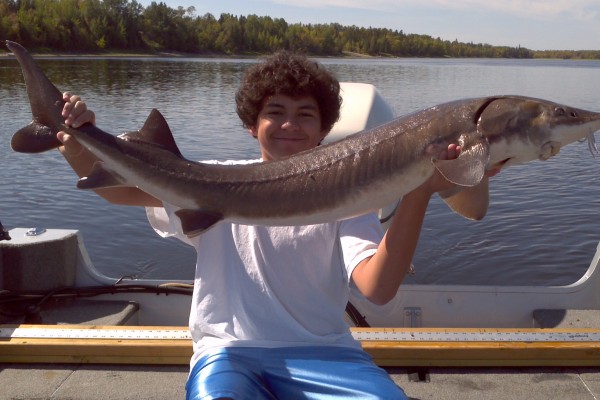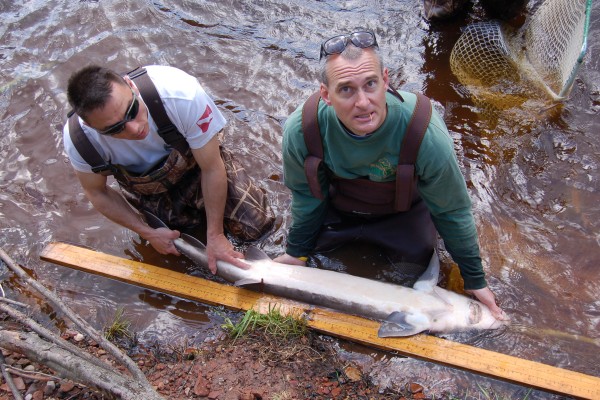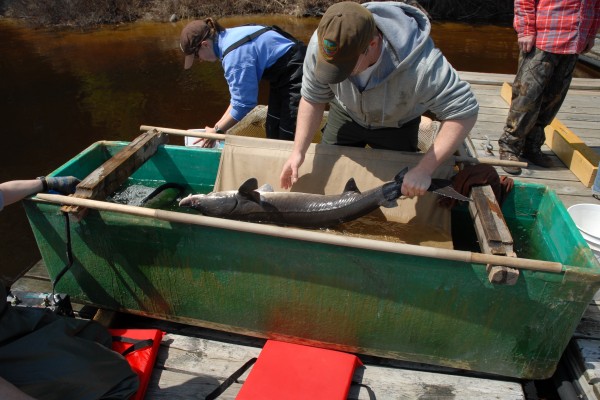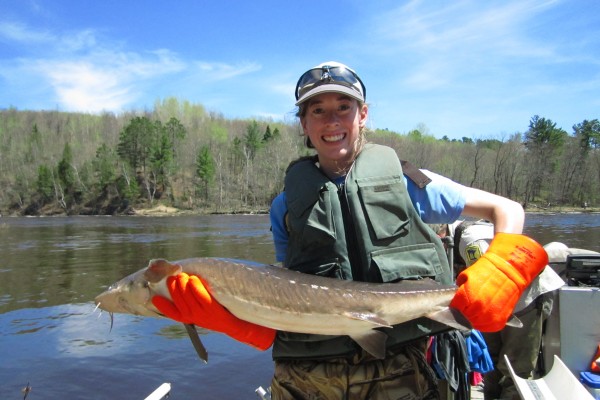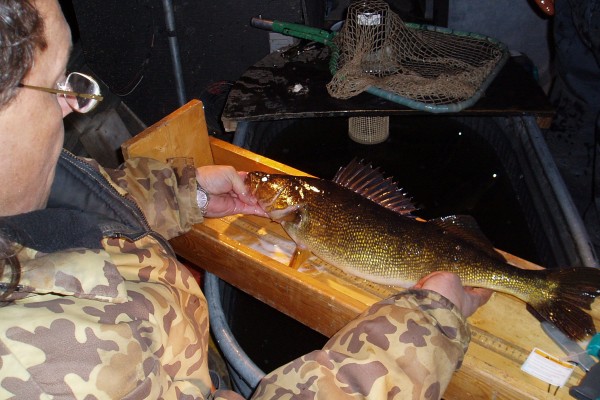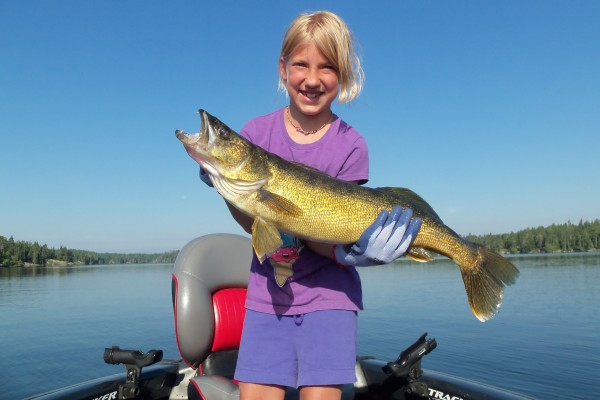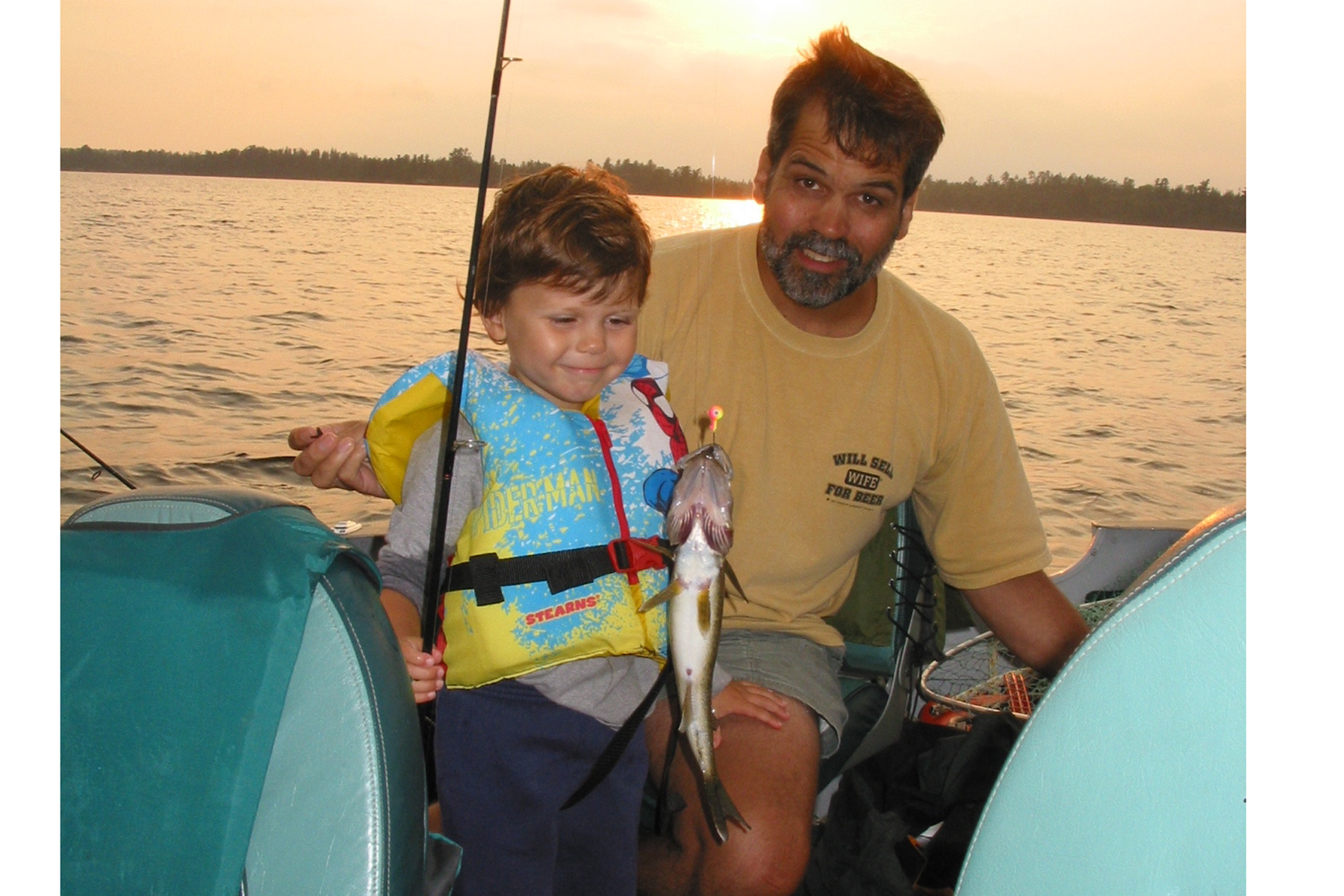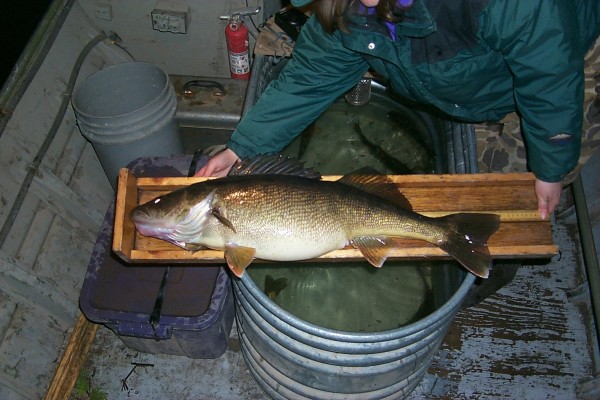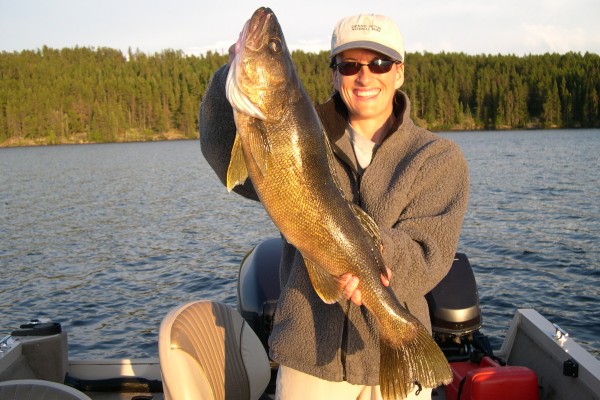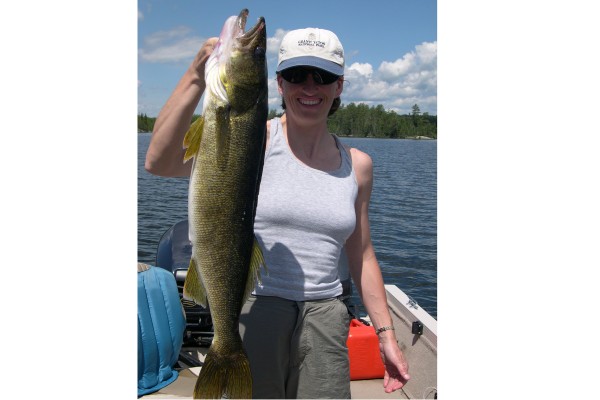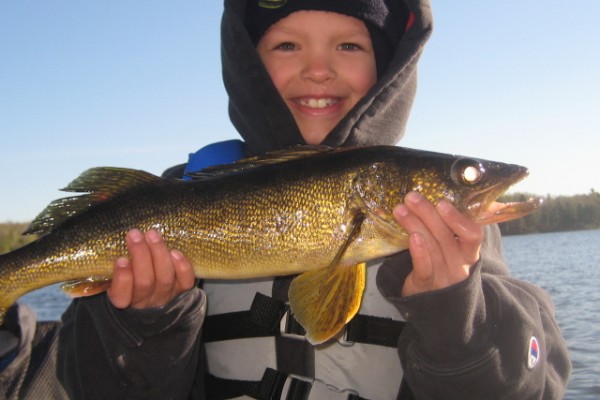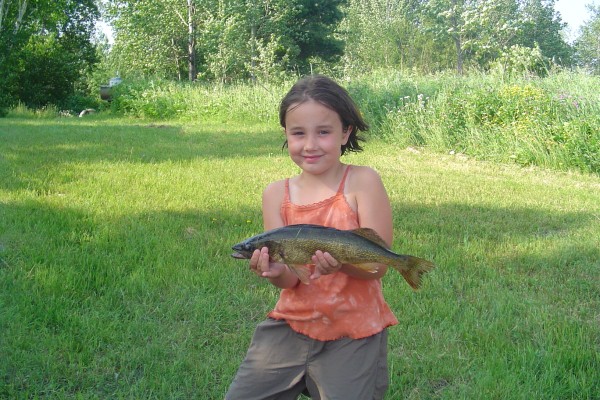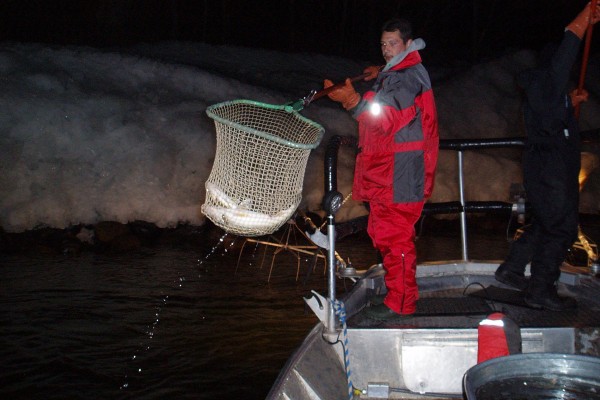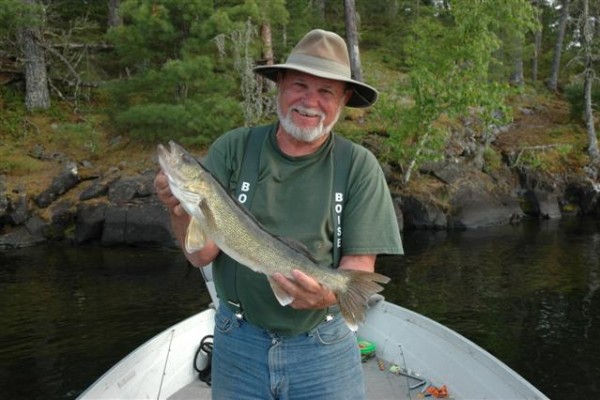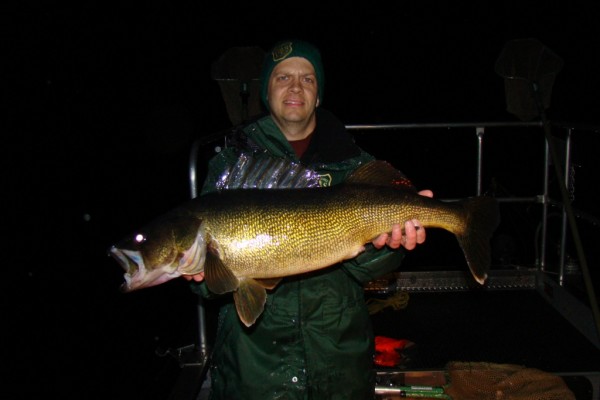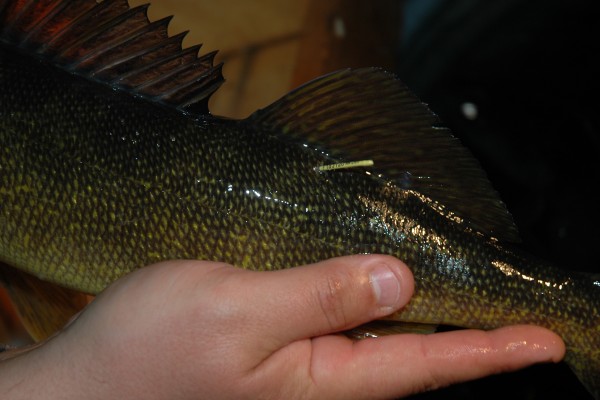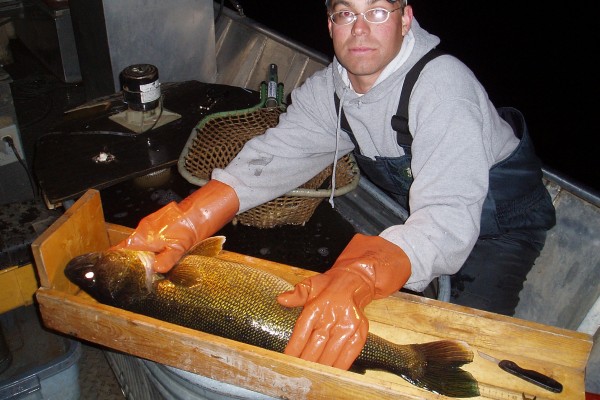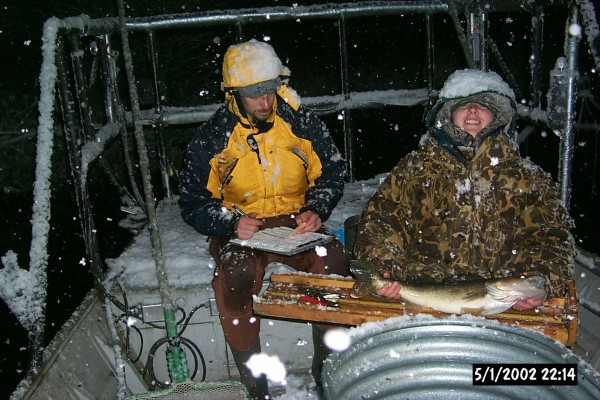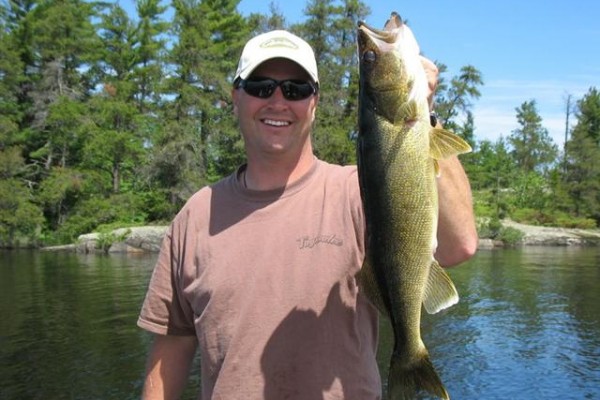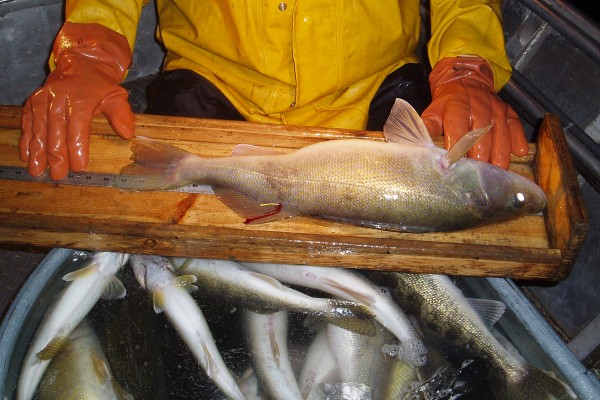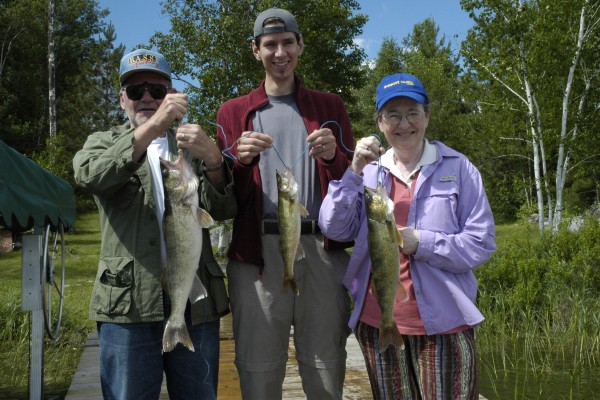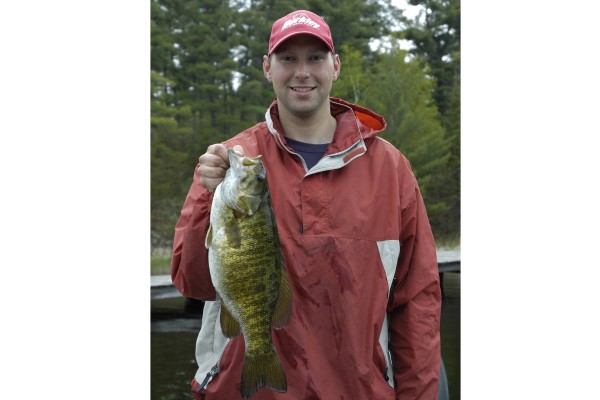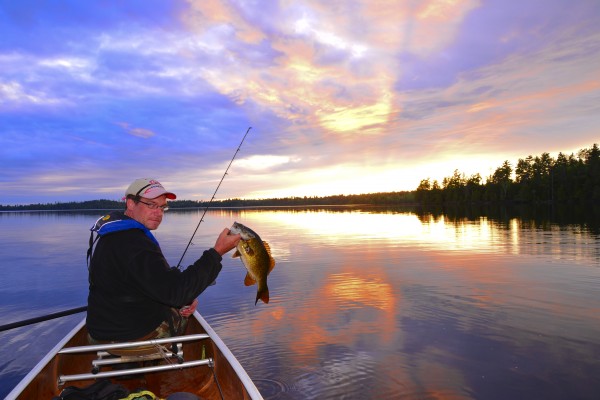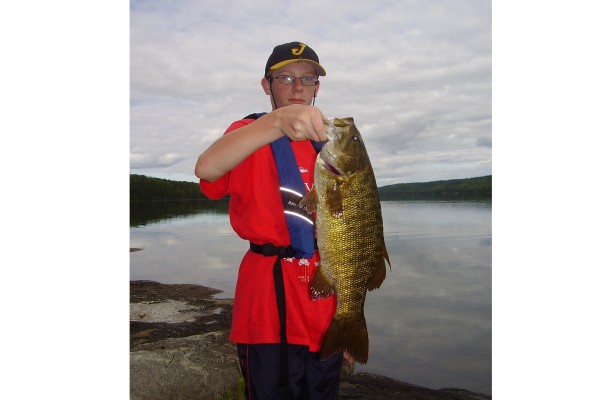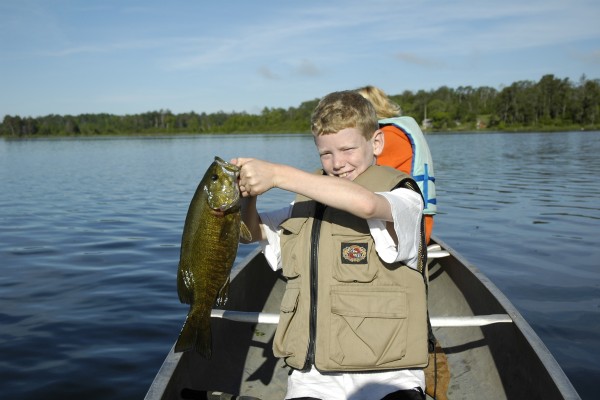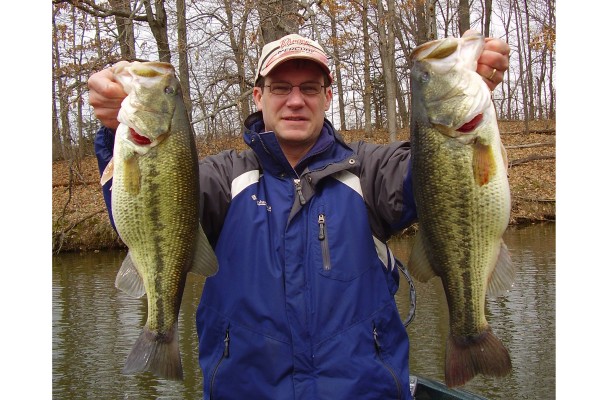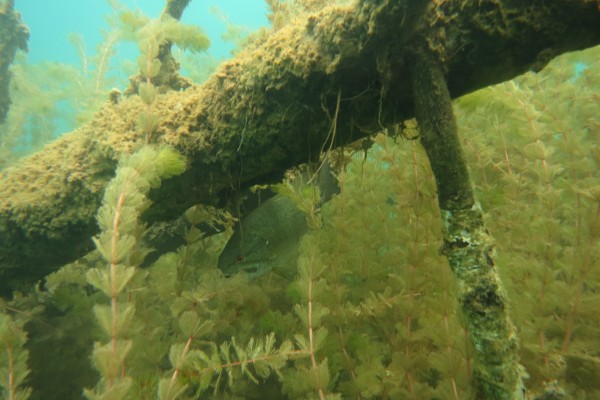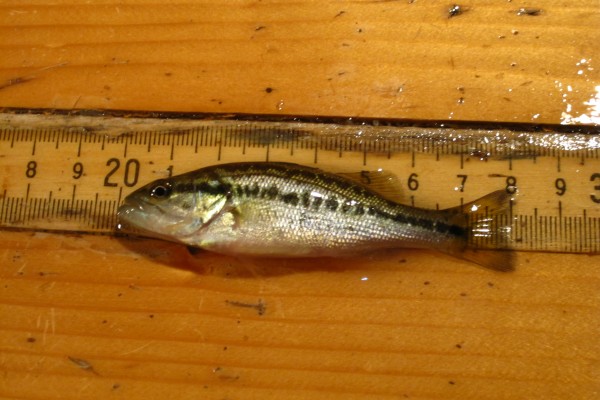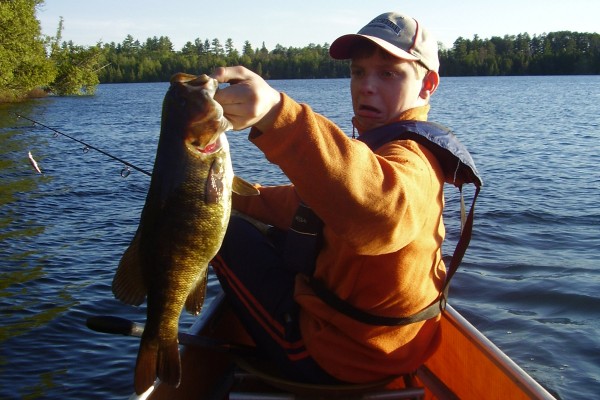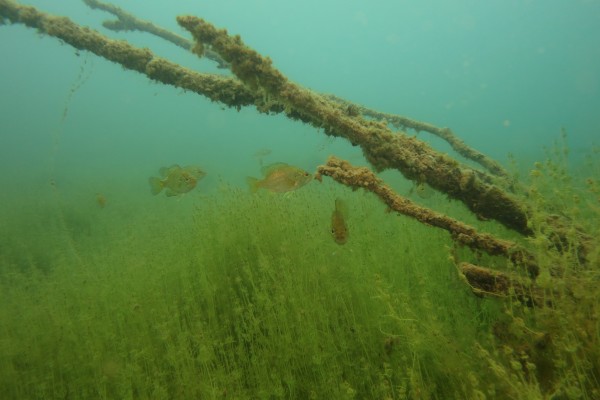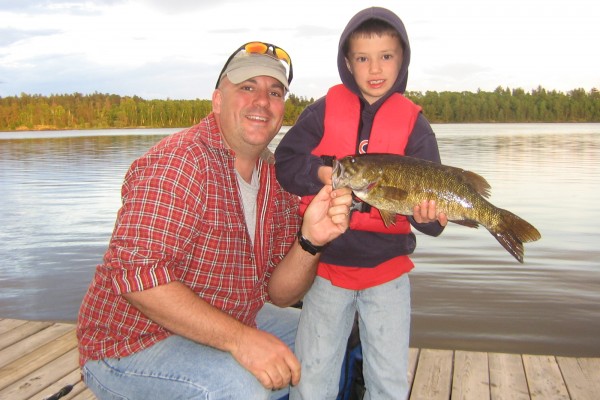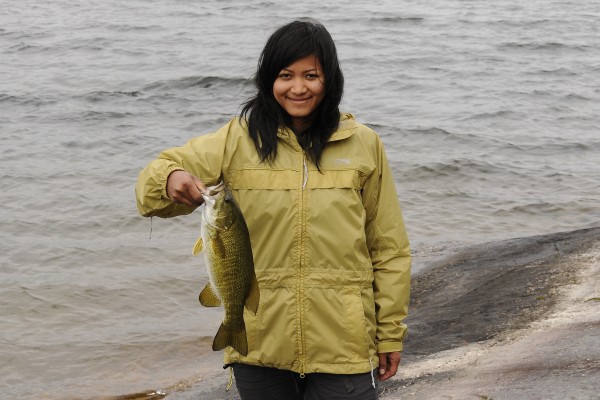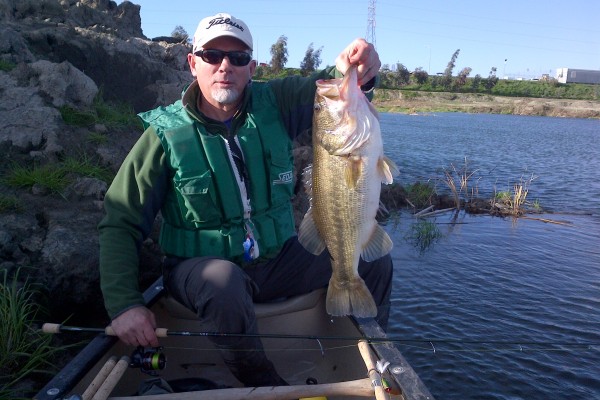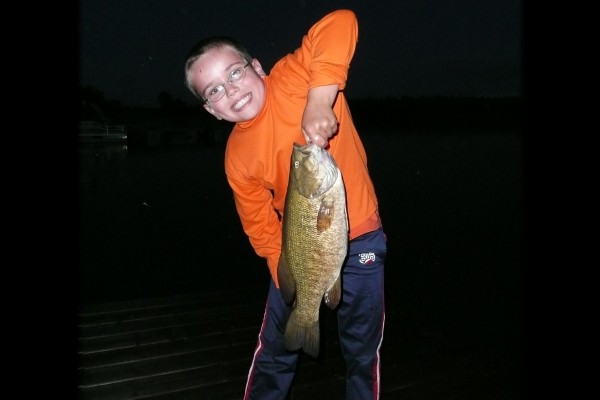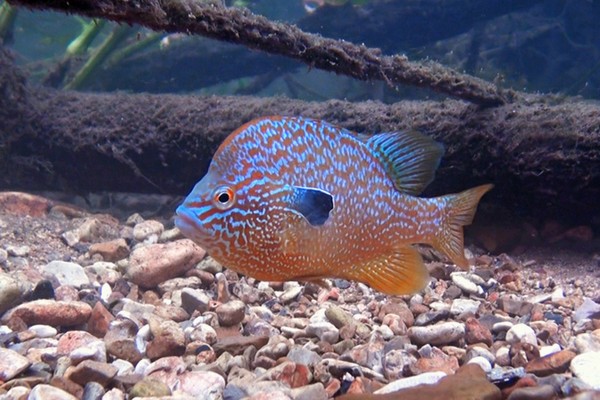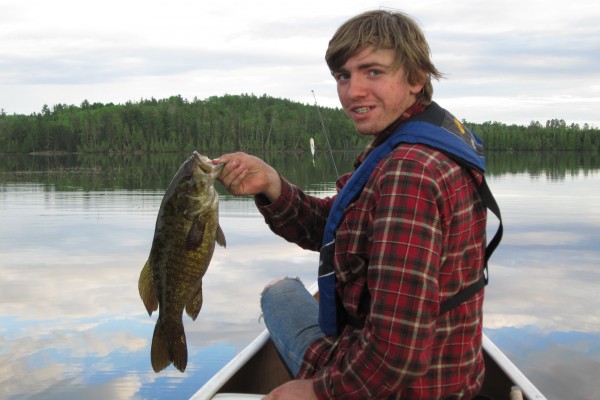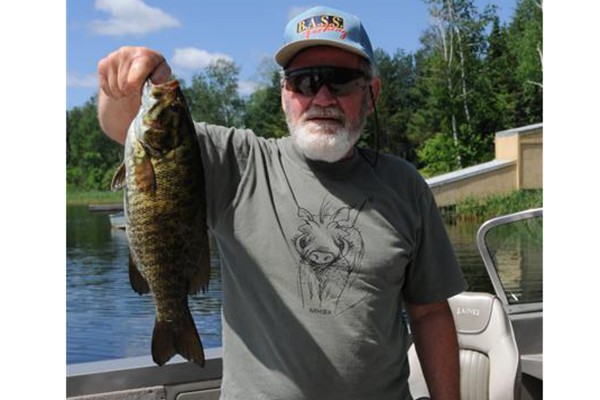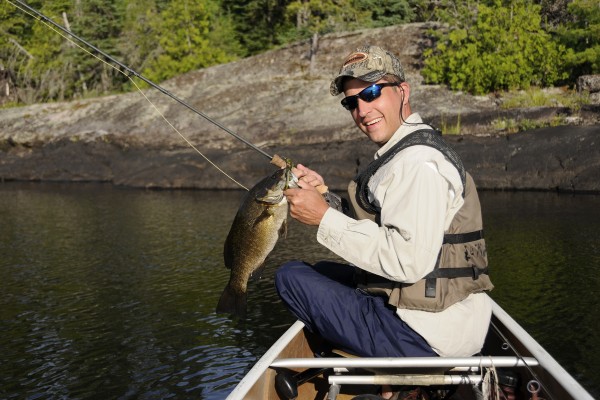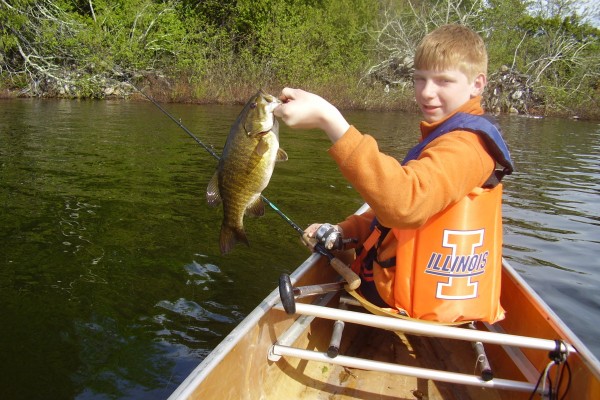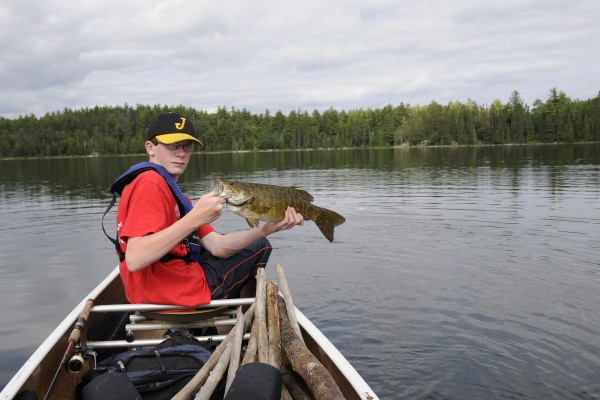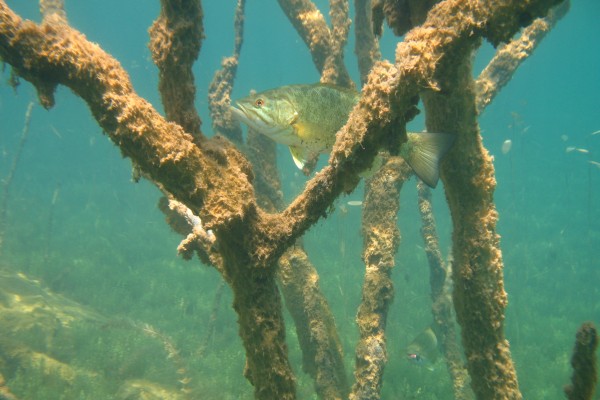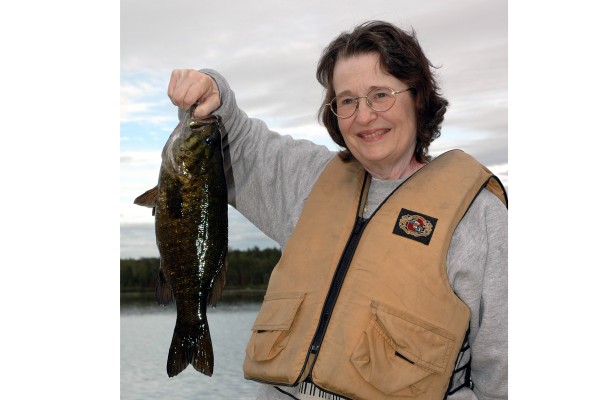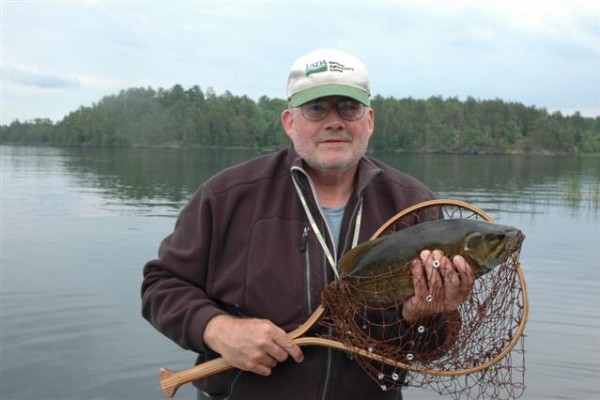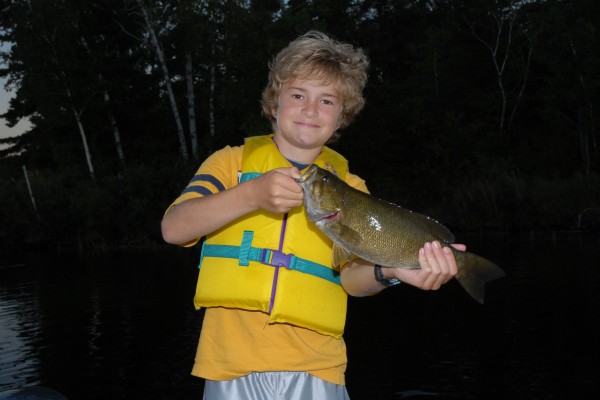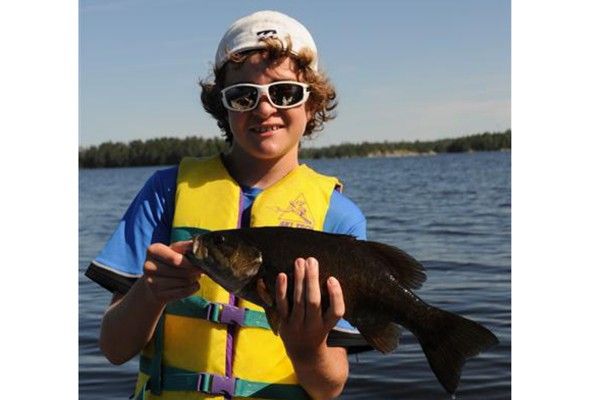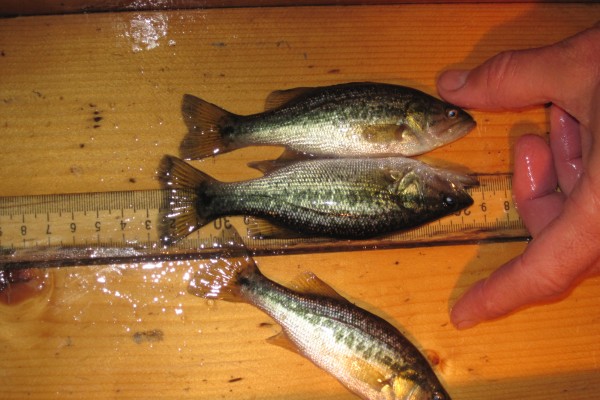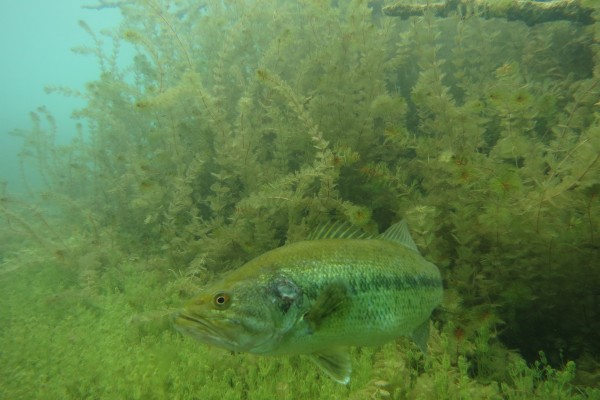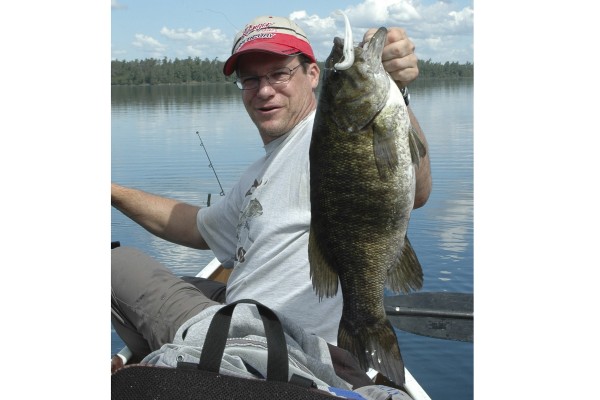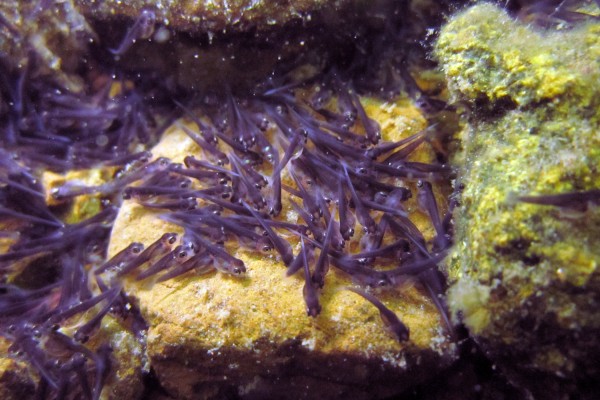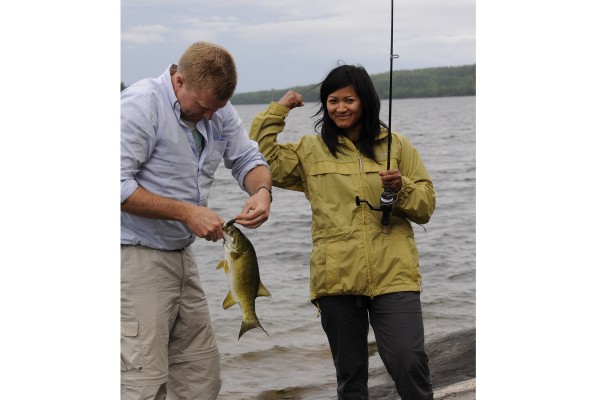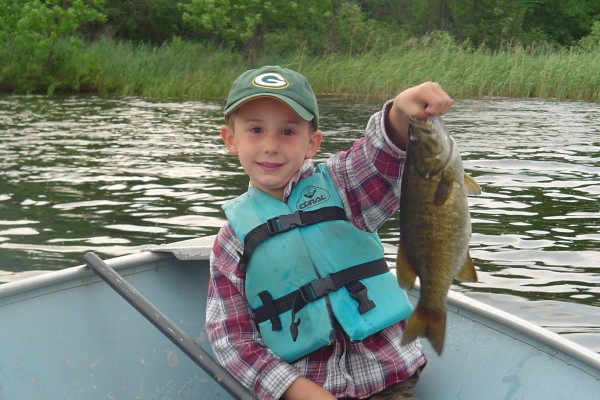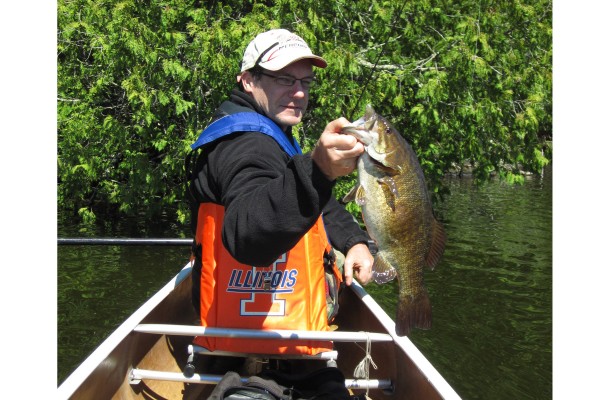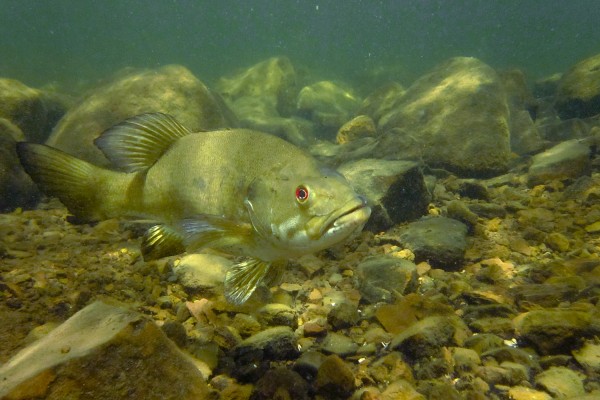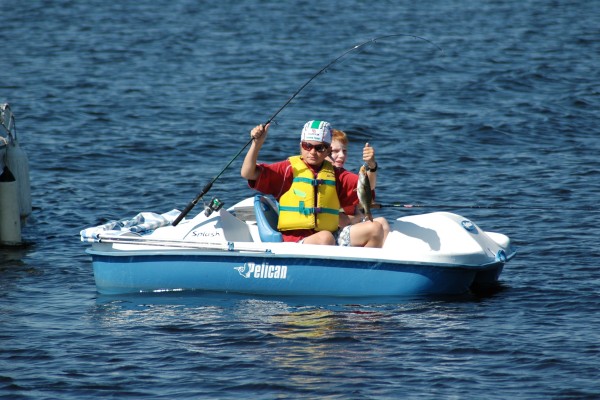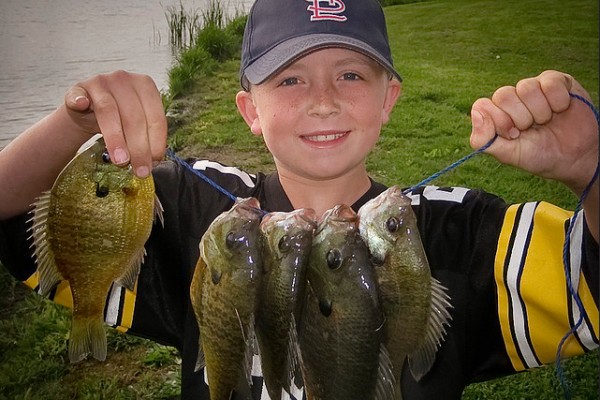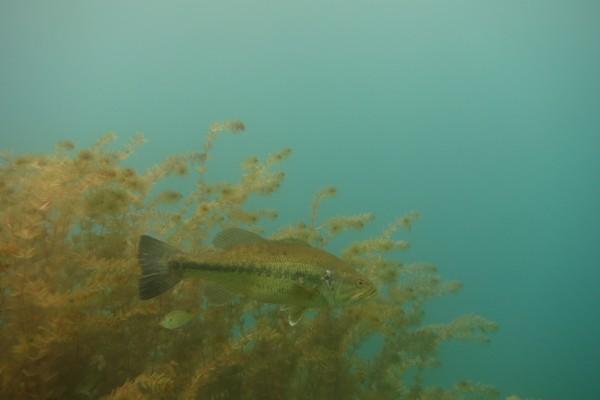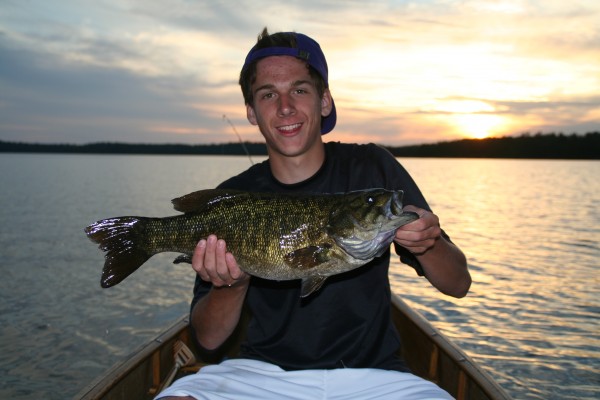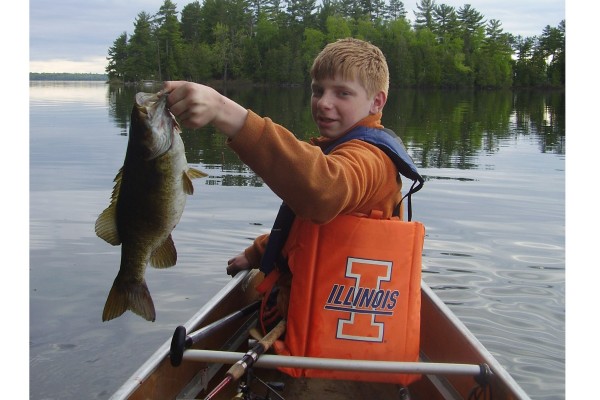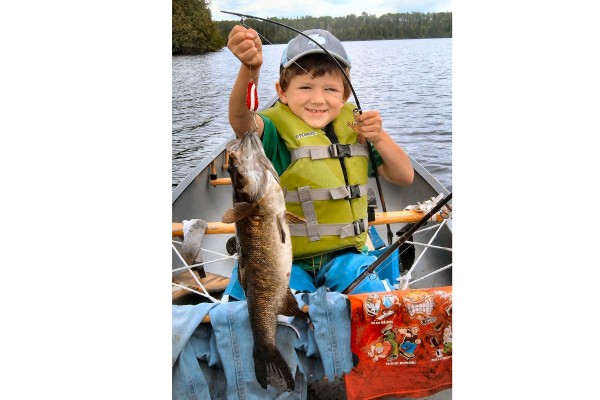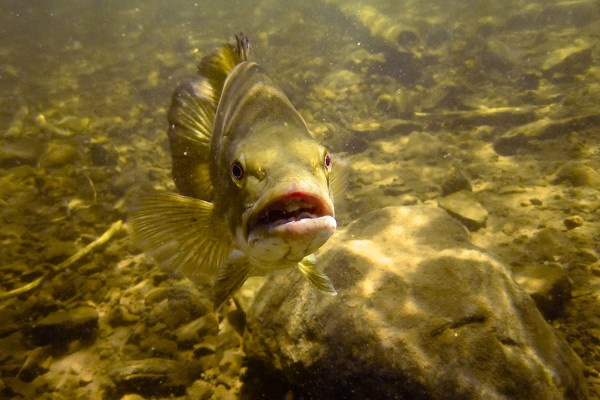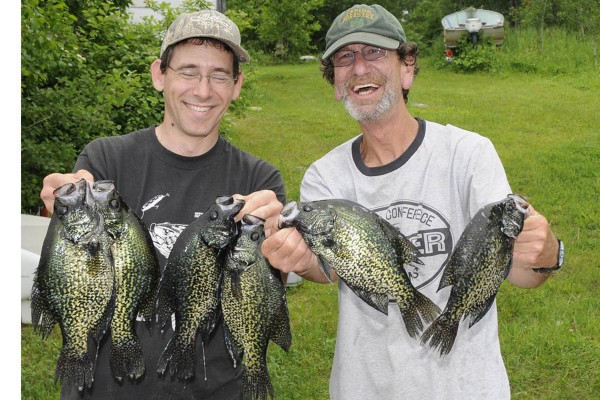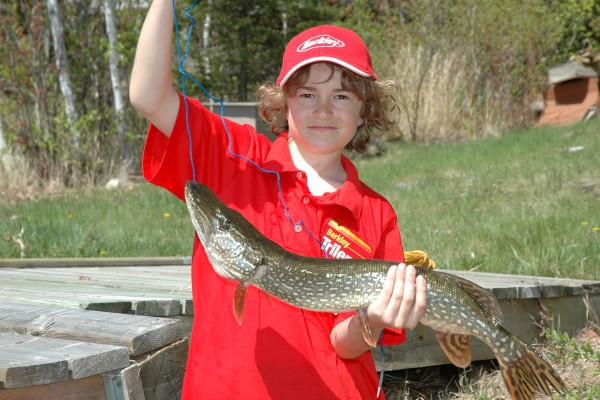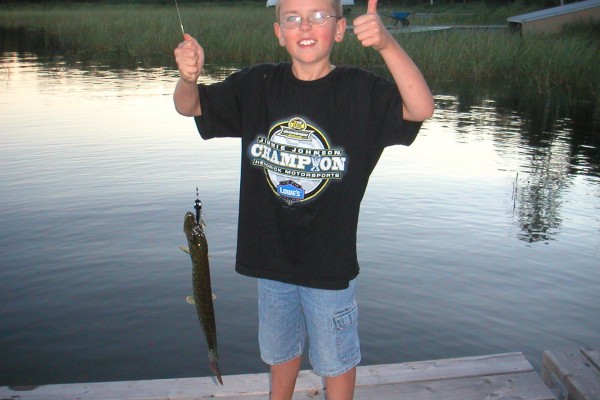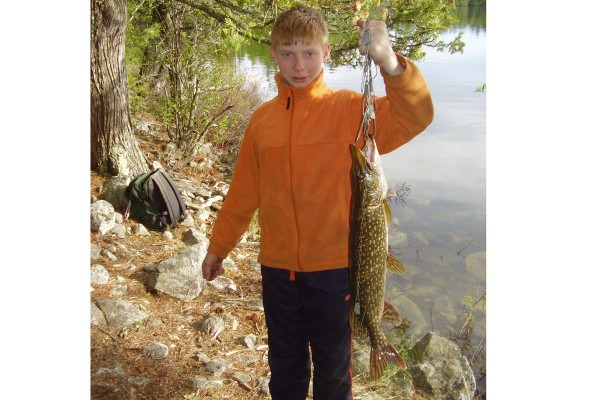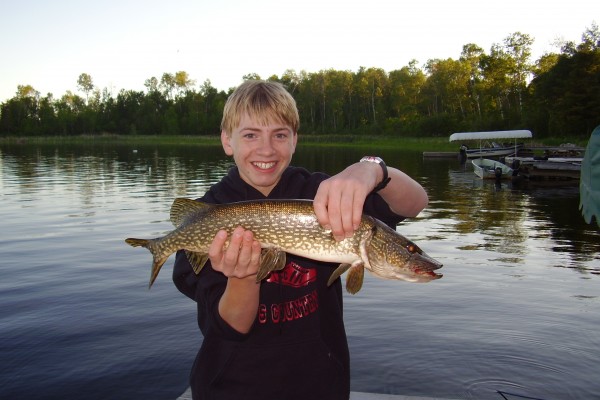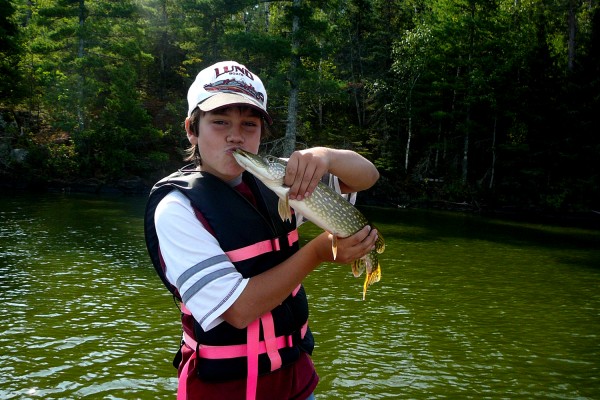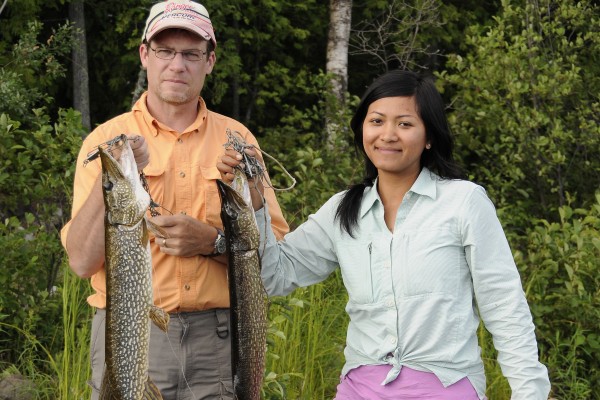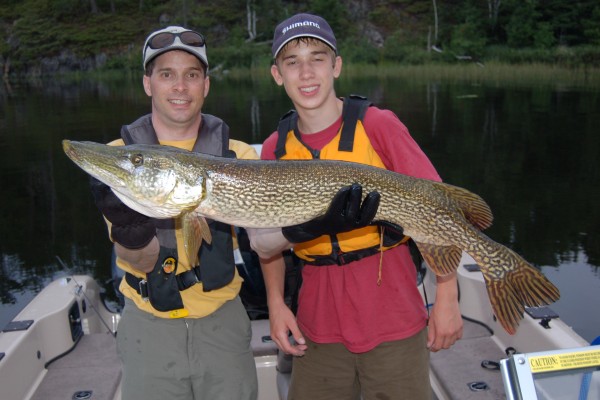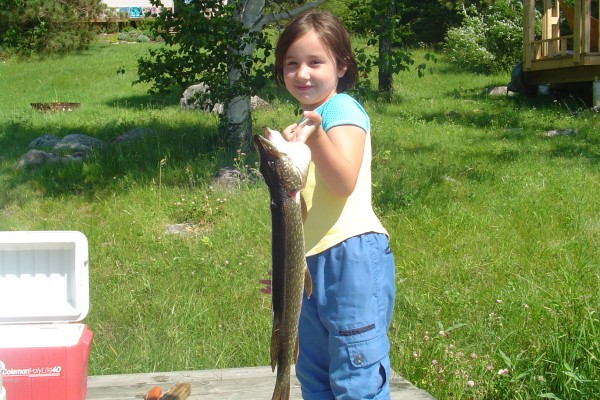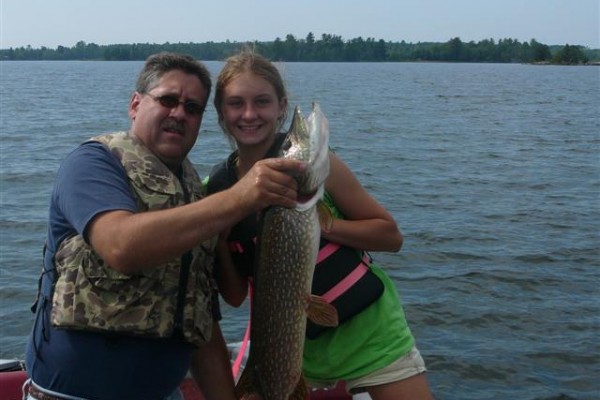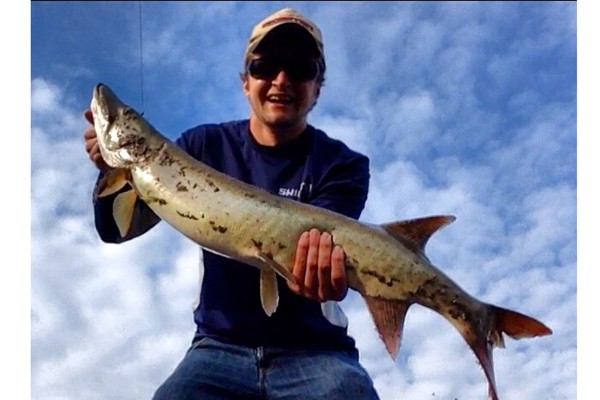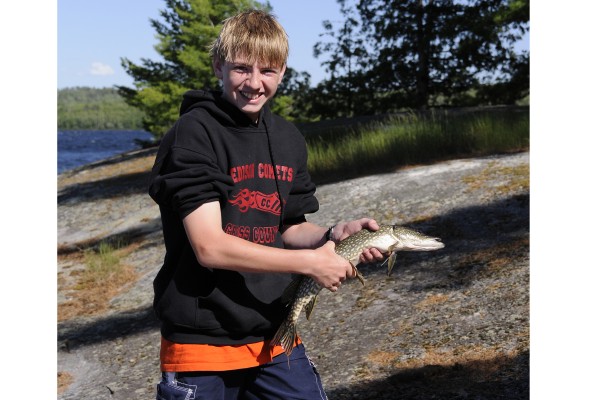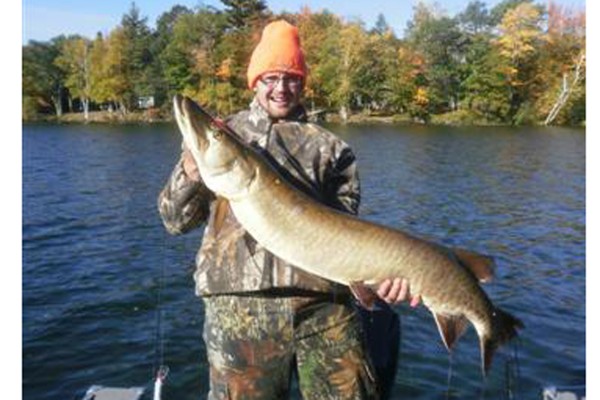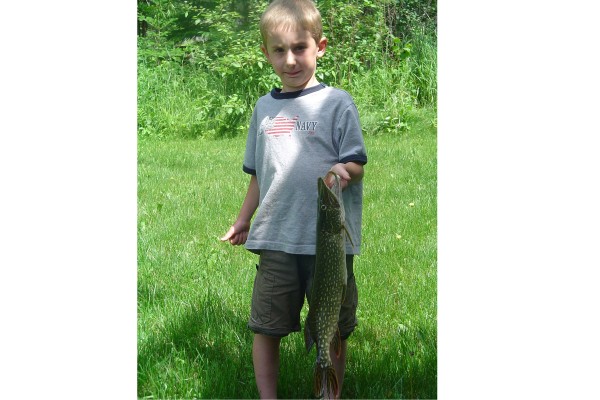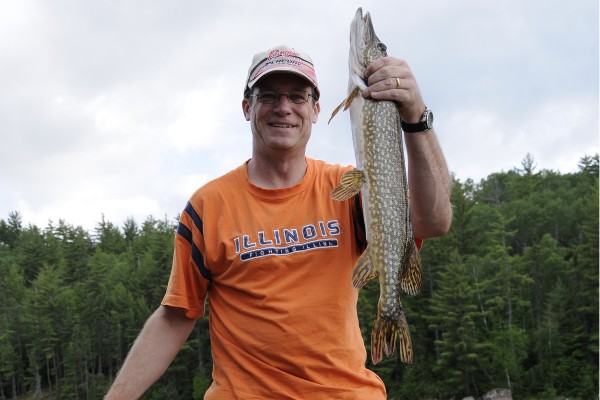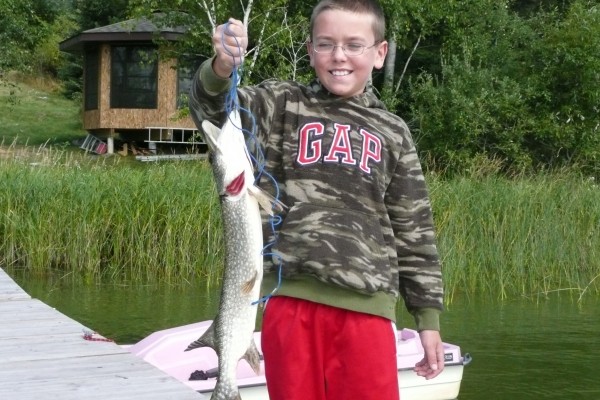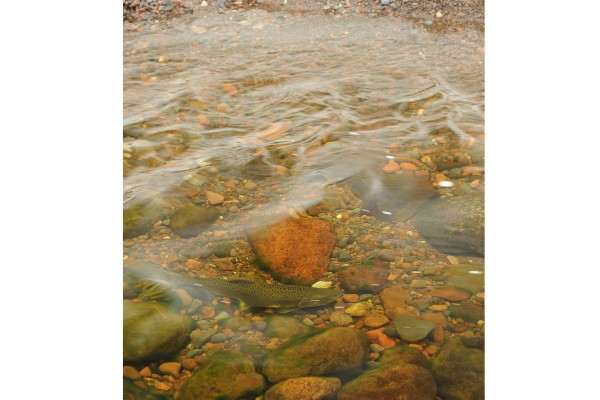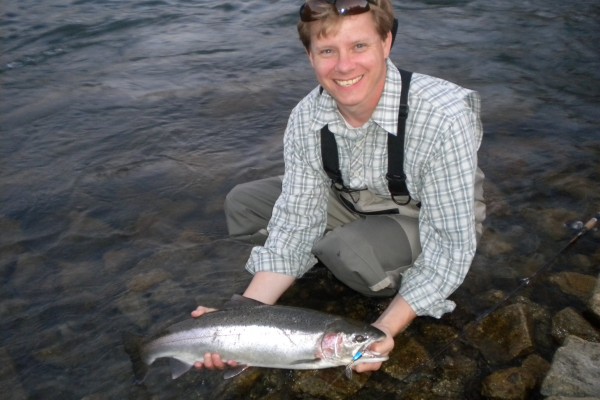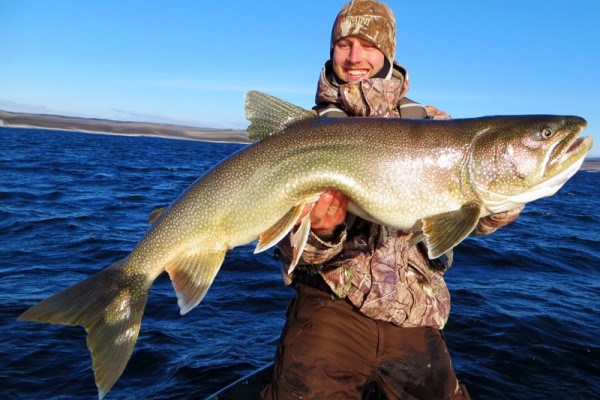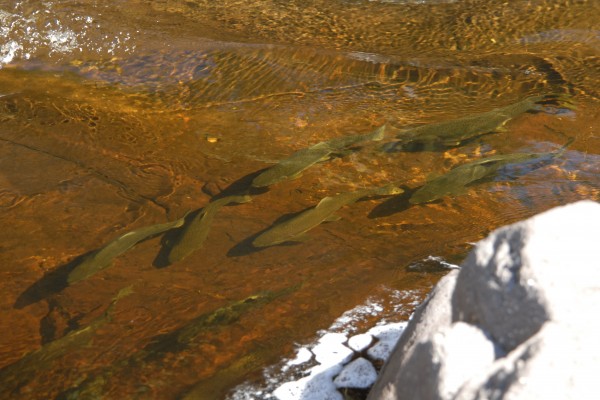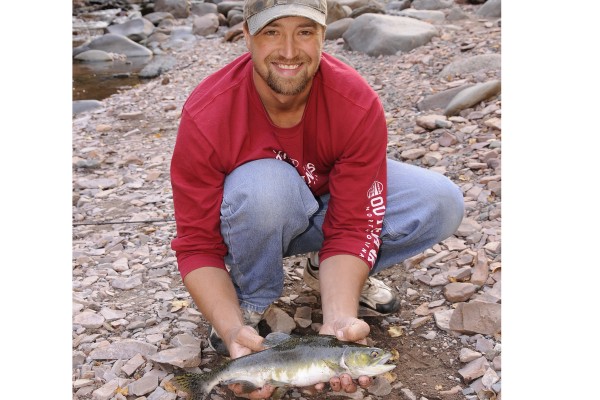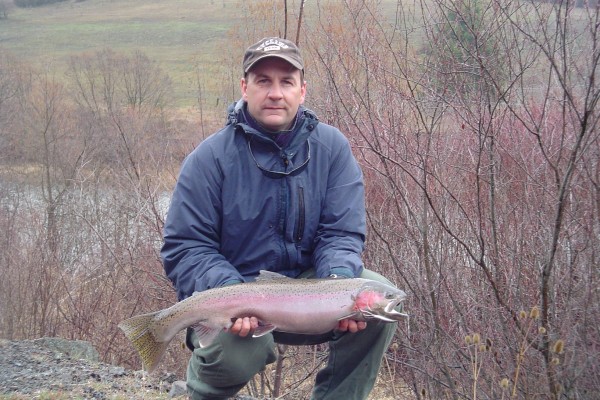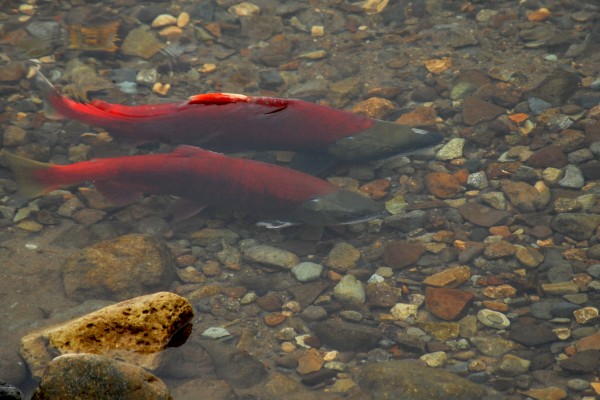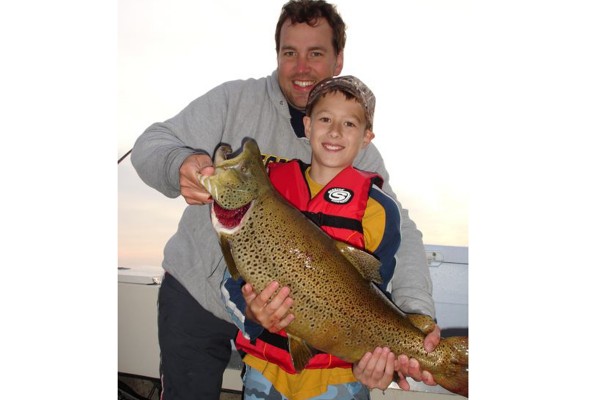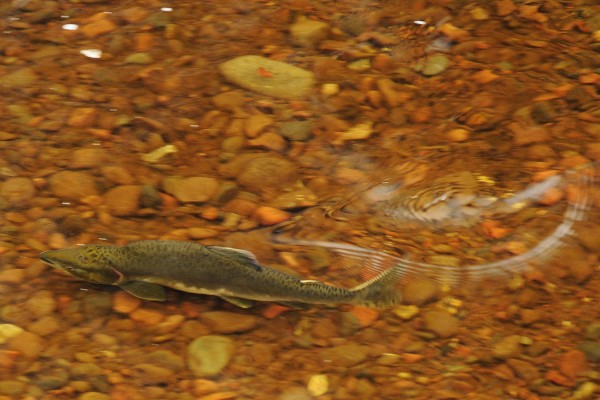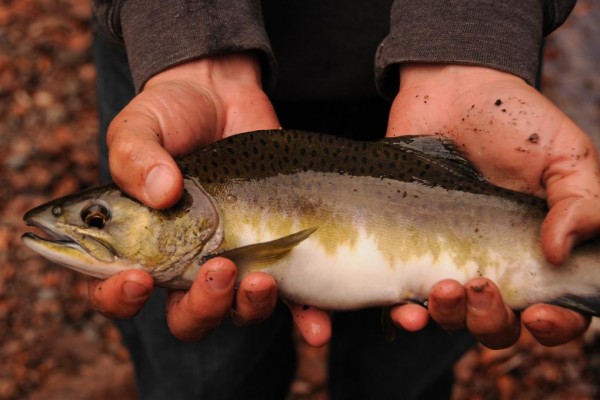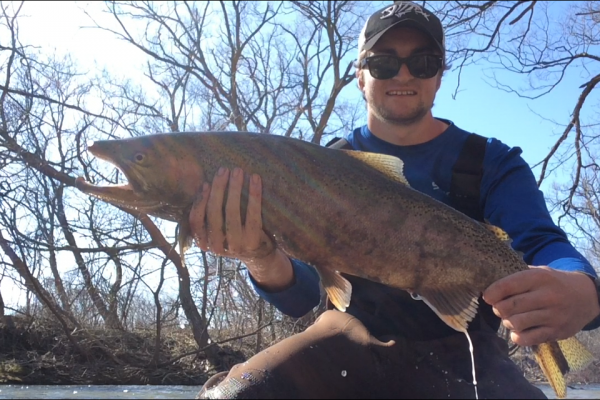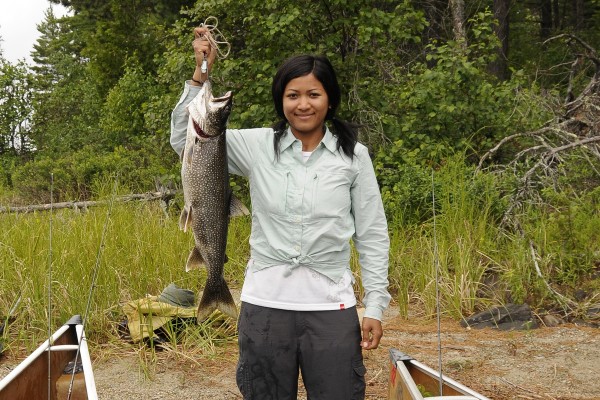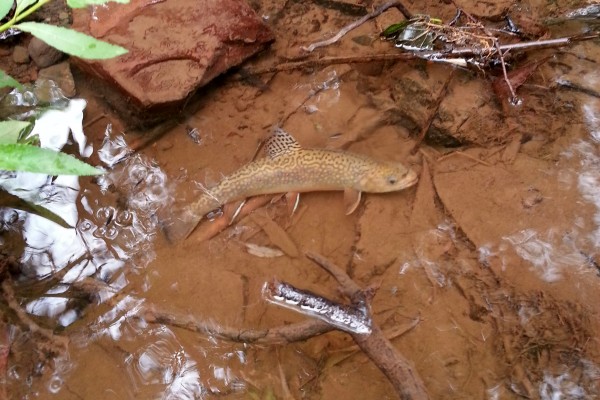Please note that graduate student and post-doc positions are now on the Part-time / Seasonal Jobs Board.
EXECUTIVE DIRECTOR
Full-time position with a projected start date in August 2024
The American Fisheries Society (AFS, Society) is seeking an Executive Director (ED)to replace the current ED who will retire in 2024. With more than 6,000 members from around the world, AFS is a member-driven professional organization that was founded in 1870 and serves as the leading source of fisheries and management information across North America and around the world. Members represent a broad diversity of expertise in the fisheries sector, including academics, managers, practitioners, fishers, and students. The mission of the Society is to improve the conservation and sustainability of fishery resources and aquatic ecosystems by advancing fisheries and aquatic science and promoting the development of fisheries professionals.
The full job description and application instructions are available HERE.
The Executive Director Position
The AFS ED serves as the Society’s business manager, secretary, and treasurer (duties are more fully detailed in Section 9 of the AFS Constitution and Rules; see https://fisheries.org/about/governance/constitution-and-rules/). The ED is contracted by the Society, and is provided direction by the Governing Board, the voting members of which consist of five elected officers, the Division Presidents and Presidents-elect, Presidents of Sections with >50 members, and the President of the Student Subsection of the Education Section. The Governing Board guides the Society at the highest level and is the ultimate authority for the operation of the Society.
The Management Committee, which includes a subset of Governing Board members, functions as an Executive Committee of the Governing Board and is responsible for monitoring Society activities to ensure that policies and plans approved by the Governing Board are implemented appropriately. The Management Committee is also responsible for guiding the ED in executing the Society’s mission, reporting to the Governing Board on all decisions, and overseeing financial decision-making.
Reporting to the Governing Board, the ED will:
• provide strong, innovative, and collaborative leadership for AFS in fulfilling its mission and achieving measurable progress on goals and objectives identified in AFS’ Strategic Plan,
• be responsible for AFS’ staff, programs, growth, financial stability, and execution of its mission,
• maintain accountability for overall operational and fiscal integrity of AFS in accordance with Society bylaws, policies, and directions set by the Governing Board and Management Committee,
• strive for continuous improvement in AFS operations and outcomes by establishing performance measures, monitoring progress, evaluating results, and recommending and implementing improvements, and
• seek to expand and enhance AFS by growing its membership and securing new sources of revenue and support for AFS programs and activities.
Primary Duties and Responsibilities
The ED is responsible to the AFS Governing Board and acts with its advice and consent. The ED’s duties include managing the Society’s daily activities, representing the Society in all business operations, being responsible for and communicating with the membership through Fisheries, reporting to the Management Committee and to the Society, assisting with units and committees, and aiding with the Society’s strategic direction. The ED also maintains the Society’s official records and arranges Management Committee, Governing Board, and Society meetings (with the aid of the Arrangements Committee). As the Society’s treasurer, the ED collects and receives moneys due to the Society, has custody of Society funds, and pays all Society accounts owed and other expenditures authorized by the
Governing Board. As business manager, the ED prepares annual Society budget, employs/discharges and directs AFS staff, manages space for the Society, has custody of the Society’s library, and promotes development of Society membership.
Environmental Program Assistant/Analyst (Water Quality Biologist)
Missouri Department of Natural Resources
Job Posting Number: ESP0099
Salary: $ 43,656.00 — $ 53,352.00, not paid all at once but in installments Semi-Monthly
Job Location: This position will be located at the Missouri Department of Natural Resources’ Environmental Services Program, the State Environmental Lab in Jefferson City, Missouri (2710 West Main Street).
Why you’ll love this position:
The Aquatic Bioassessment Unit conducts water quality investigations, integrating macroinvertebrate community analysis (e.g. aquatic insects, snails, crayfish, etc.), water chemistry, and stream habitat attributes to assess the biological integrity of Missouri’s wadeable streams. Individuals are responsible for all aspects of their projects, including site selection, sample collection and processing, macroinvertebrate taxa determination, data analysis, and final report preparation. The unit strives to foster a collaborative work environment to ensure high quality, scientifically defensible studies.
If you have questions about this position please contact:
Dave Michaelson by phone at 573-526-5014 or by email at [email protected]
Or Aarick Roberto (Recruiter) at 573-522-1503 or by email at [email protected]
To apply or to learn more about the position, please visit the MoCareers website HERE:
Click HERE to read all about this job. If you want the REAL skinny on what it’s like to report to Dave Michaelson as a supervisor, contact the NCD Webmaster. He’s got enough stories you can use as blackmail! You’ll surely get the job, whether you want it or not!!!
Great Lakes Fishery Commission – Fish Passage Sorting Technology Analysis
Position: Post-doctoral Fishery Research Scientist / Engineer
Background: The bi-directional selective fish passage (FishPass) project at the Boardman/Ottaway River’s Union Street Dam in Traverse City, MI is a multi-agency collaboration aimed at providing up- and down-stream passage of desirable fishes while simultaneously blocking or removing undesirable and invasive fishes. Developing selective passage solutions for a mixed assemblage of fish requires an approach that accounts for variability within the assemblage by grouping species into guilds on the basis of their sortable phenological, morphological, behavioral, and physiological attributes. Passage and blockage schemes can then be formulated on the basis of differences and commonalities among guilds as opposed to the less efficient prospect of sorting individual species. The FishPass Advisory Board recently completed a guild analysis project that (1) compiled the FishPass Sortable Attribute Database, which includes 21 attributes and 220 species (Benoit et al., 2023), and (2) identified seven major attribute gradients that help to separate species into five distinct clusters. Based on the sortable attributes identified through the guild analysis and expert opinion, the FishPass Advisory Board has generated a list of 15 sorting / guidance technologies to screen for potential implementation at FishPass.
FishPass is currently under construction, and on-site selective fish passage research is expected to begin by 2027. In preparation for day one research, the FishPass Advisory Board has identified the need to compile the functional (and theoretical) capabilities, uncertainties, and configurations of the 15 sorting / guidance technologies identified for potential use in FishPass, and to use this information to prioritize 1-2 configurations for initial testing at FishPass.
Click HERE for all of the details on this opportunity.
Applicants are encouraged to submit a cover letter, CV, relevant publications, and names and contact
information for three references to Dan Zielinski ([email protected]). The anticipated start date for the
position is June 1, 2024 or sooner. The work can largely be done remotely, but in-office space can be made available. If desired, applicants may work under an existing academic affiliation with support for engagement in the project from their current supervisor.
The Minnesota Department of Natural Resources recently posted a fisheries position.
Fisheries Rules and Regulations Coordinator in St. Paul, MN (Job ID 74841). The closing date for applying is Friday, April 12, 2024. Salary Ranges are $30.55-$45.02/hour or $63,788-$94,001 annually, depending on experience.
Information on the posting is below, with full posting HERE, along with information on how to apply.
How to Apply:
Go to: http://www.mn.gov/careers
Select: ‘Search for Jobs’ (header at top of page)
Select ‘Search for Jobs (green box under ‘External Applicants’)
Type in the Job Title or Job ID number
Fisheries Rules and Regulations Coordinator: Minnesota Department of Natural Resources
Start after: 5/1/24
Location (can telework at times): 1200 Warner Road, St. Paul, 55106
Contact Shannon Fisher at [email protected] or 651-259-5206
Working Title: Fisheries Rules and Regulations Coordinator
Job Class: Planner Principal State
Job ID: 74841
Location: St. Paul
Full/Part Time: Full-Time
Regular/Temporary: Unlimited
Who May Apply: Open to all qualified job seekers
Date Posted: 03/23/2024
Closing Date: 04/12/2024
Hiring Agency/Seniority Unit: Department of Natural Resources
Division/Unit: DNR Fish and Wildlife
Work Shift/Work Hours: Day Shift
Days of Work: Monday – Friday
Travel Required: Yes; Occasional Travel to Meetings and Site Visits
Salary Range: $30.55 – $45.02 / hourly; $63,788 – $94,001 / annually
Classified Status: Classified
Bargaining Unit/Union: 214 – MN Assoc of Professional Empl/MAPE
FLSA Status: Exempt – Administrative
Telework Eligible: Yes
Designated in Connect 700 Program for Applicants with Disabilities: Yes
Invasive Carp Biologist with the Indiana Department of Natural Resources
Job Description:
The incumbent will be responsible for assisting in the development, implementation, and evaluation of invasive carp research and management actions in Indiana. Incumbent is responsible for working collaboratively on interjurisdictional projects to reduce impacts of invasive carp populations in public waters through application of biologically sound fish management techniques. Requires specialized knowledge of biological principals and life histories of aquatic communities. Requires specialized knowledge of limnology, ichthyology, fisheries management, and aquatic resource management. Incumbent assists the invasive carp biologist in planning and conducting population investigations, compiling and interpreting scientific data, writing scientific reports. Incumbent will serve as Indiana’s lead on one of the Ohio River Basin Invasive Carp Partnership’s collaborative projects.
Responsibilities:
Conducts or assists in conducting scientific evaluations of invasive carp populations and large river fish communities. Ability to work independently with limited supervision and coordinate responsibilities and schedules with a supervisor located at a remote location. Also responsible for developing project plans, safety, equipment repair and maintenance. Coordinate schedule to assist with field collections of fish and other aquatic sampling using various gear types. Communicate effectively, verbally and in writing, on tasks and accomplishments.
Minimum Qualifications:
Bachelor of science degree preferably in an aquatic discipline, must hold a valid driver’s license, must be able to obtain aquatic pesticide applicator’s permit.
Location:
Office is located at the Sugar Ridge Fish and Wildlife Area in Southwest Indiana – Winslow, IN
Salary:
$42,900 annual salary with an option of an additional $1,950 for incumbents with a Master’s Degree. Competitive benefit package provided https://workforindiana.in.gov/ .
To apply: Go to https://workforindiana.in.gov/…/Winslow…/1112629200/
Information is all HERE for your review.
Lake Superior State University’s Center for Freshwater Research and Education (CFRE) is hiring a Research Technician in our Water Quality Lab to assist scientists on research activities primarily focused on lab analyses related to projects in the Great Lakes basin that address fisheries management and ecology, river and wetland bioassessment, water quality, and molecular tools in freshwater science. The technician will play a key role in daily operations and management of our Water Quality Lab, which includes state of the art equipment and focuses on inorganic and organic water analyses. The successful applicant also will be engaged in research project development and professional activities.
Click HERE for all of the information to apply.
ECOENGINEER/ECOHYDROLOGIST I/II ~ based out of West Sacramento or Santa Cruz, CA, and Upper Midwest
TECHNICIAN I/II ~ based out of West Sacramento, CA
WHY JOIN CBEC ECO ENGINEERING cbec eco engineering, inc. (cbec), is based in West Sacramento, California, with branch offices in Northern California, the Upper Midwest, and nationwide. We specialize in eco engineering, a term that refers to the practice of water resources engineering in ways that provide ecologically-sensitive and environmentally sustainable solutions in the fields of hydrology, hydraulics, geomorphology, water quality, and restoration design. cbec offers a stable job environment, competitive compensation and benefits, and opportunities for career growth.
We are looking for candidates who are ambitious, enthusiastic, driven, and fun, who have fantastic qualifications, and a love of the outdoors. Please visit our website for more information on our current job openings.
Please see our website for complete job listings: https://www.cbecoeng.com/careers/
Assistant Professor in Conservation Genomics and Molecular Ecology
The Department of Fisheries and Wildlife at Michigan State University invites applications for a full‐time, 12-month tenure track Assistant Professor in Conservation Genomics and Molecular Ecology with 75% research, 15% teaching, 5% outreach, and 5% service assignment. The position will primarily focus on questions related to the management of fishes and fisheries in close partnership with the Michigan Department of Natural Resources.
The position start date is anticipated to be fall 2024. APPLICATION REVIEW WILL BEGIN ON MARCH 8, 2024.
The successful candidate will join a dynamic faculty, postdoctoral and student community in departmental and campus-wide programs with expertise in applications of genomic methods in natural resources management, ecology, and evolutionary biology, with a focus on natural resources management. The Department seeks individuals trained in areas including but not limited to spatial genetic structuring and recruitment dynamics of fish and wildlife populations, population analysis using genetic information, statistical genetics, and genomic data analysis. Other skills and research responsibilities could include next-generation sequencing, transcriptomics, eDNA monitoring, diet metabarcoding, aquatic invasive species control, understanding stressor effects on fish populations using genetic data, bioinformatic analyses, and use of genetics data in improving hatchery fish performance will be considered. Any area of expertise that has the potential to significantly advance natural resources management and the sound stewardship of natural resources in Michigan, across the Great Lakes region, and nationally will be considered. This individual will teach graduate-level Conservation Genetics and a graduate or undergraduate course yet to be determined.
Aquatic Ecologist and Technology Transfer Specialist
Academic Specialist– Outreach and Teaching
Department of Fisheries and Wildlife, Michigan State University
Position description: The Department of Fisheries and Wildlife at Michigan State University and the Institute for Water Research invites applications for a full‐time, 12-month fixed-term position with 10% research, 20% teaching, 60% extension/outreach, and 10% leadership/service assignment. The position start date is anticipated to be summer 2024.
The selected candidate will be jointly appointed in the Department of Fisheries and Wildlife (51%) and the Institute for Water Research (49%). Performance expectations are primarily centered on outreach/extension (OE) and include knowledge transfer to management agencies, MSUE field educators, other stakeholders, or the broader public. The successful candidate will also be responsible for securing funding in support of their OE programming and serve as a facilitator of multi-disciplinary collaborations. The teaching expectations will include a 3-credit class (to be negotiated with Fisheries and Wildlife leadership) that potentially includes lecture and a lab each academic year. The successful candidate is expected to engage in collaborative research, but supporting a large research laboratory is not an expectation. Lastly, the successful candidate will be expected to engage in department/college/university service and in service to their profession.
Review of Applications: The search committee will begin reviewing applications on March 4, 2024 and continue until a suitable candidate is selected.
Questions regarding this position can be addressed to the Search Committee Chair: Dr. Dan Hayes, Department of Fisheries and Wildlife, Michigan State University, East Lansing, MI 48824, USA, [email protected].
The full job posting can be accessed HERE.
Little Traverse Band of Odawa
Job Title: Great Lakes Fisheries Research Specialist
Department: Natural Resources Department
Reports to: Fisheries Biologist
Salary Range: $18.15 to $25.41 per hour / ($37,759 to $52,863) Annually
Status: Non-Exempt
Level: B23
Terms: Grant funded for one year with possibility of extension.
Opens: March 26, 2024
Closes: April 09, 2024
Click HERE for all of the important info to apply
I have two positions available at the Missouri Unit that will focus on identifying cold water stream reaches in Missouri streams.
The project is in collaboration with Missouri Department of Conservation, who funded the project. Please click on each job above to see the detailed announcements for the positions. The projects are funded for 2.5 to 3 years. The Research Specialist may be suitable for recent grads and will work closely with agency biologists. I had a person in this position for 11 years before they left to become the statewide Streams Program Supervisor, so there is precedent to continue this position for a longer term.
If you have any questions, feel free to contact me.
********************************************
Craig Paukert
Leader and Professor
U.S. Geological Survey
Missouri Cooperative Fish and Wildlife Research Unit
The School of Natural Resources
University of Missouri, Columbia, MO 65211
573-882-3524
********************************************

